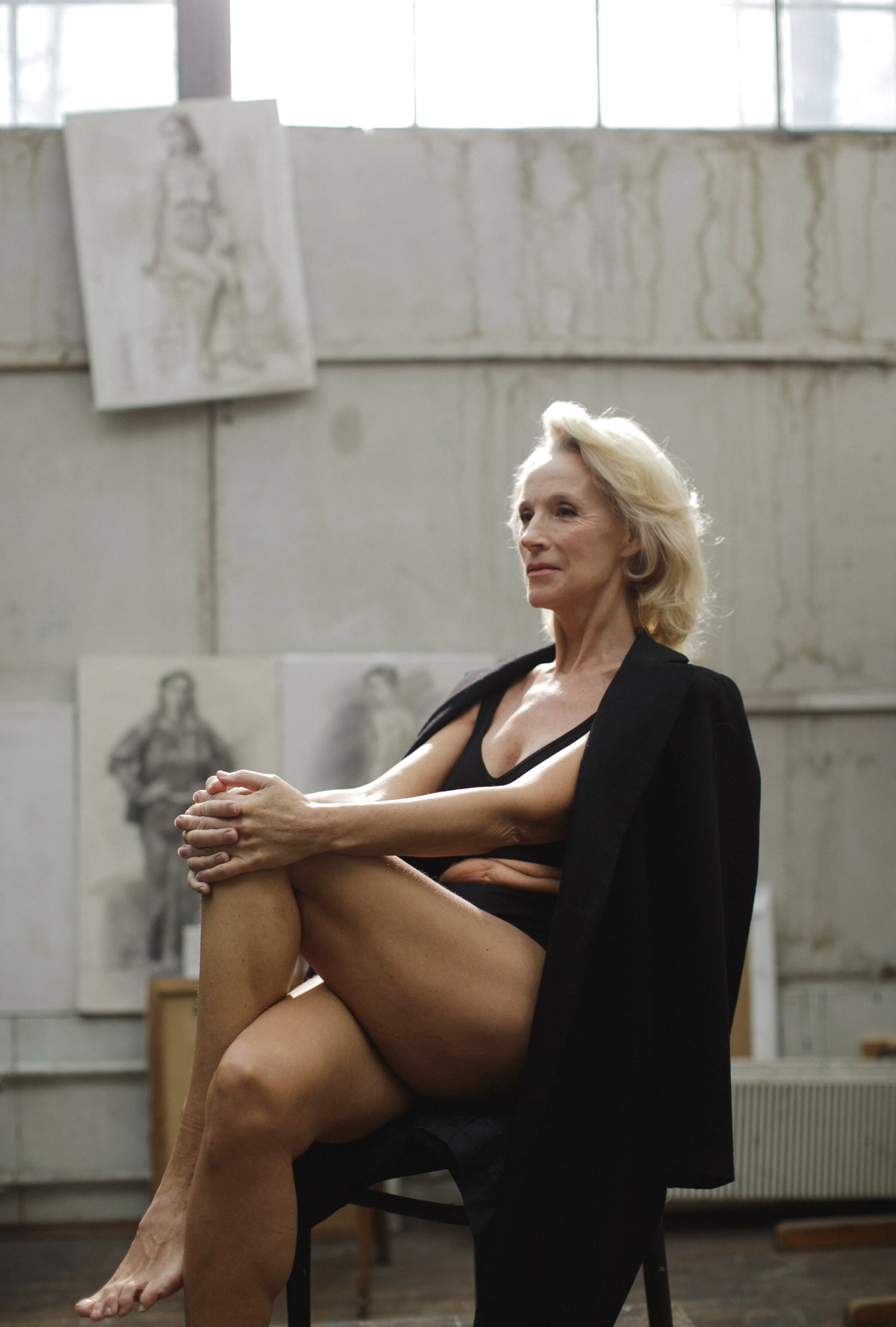Life Undivided
When the CSO released its findings from the 2016 Census in early 2017, it reported that from 1996 to 2016 the numbers of single women in Ireland aged 40, and over, had more than doubled to almost 24 per cent of the population, and was looking likely to be one of the fastest-growing sectors of the society for years to come. Further along in the report, there was a sub-section with the slightly judgmental headline 'Likelihood of never marrying' – referring to the percentage of women aged 40 to 49 who were deemed single and also possibly to remain so in the long term.
At the time it really reminded me of the fug that continues around women in midlife who are single, whether with children or childfree, and the kind of underlying connotations of negativity around it. That sense that essentially women still need another to be validated by being in a couple, or by a man, with the only alternative being a life with cats and streaming services for company instead. I wrote about it at the time and dug deeper into this unconscious bias that, when you look, is not hard to find.
In terms of mainstream media and marketing, it is writ large. Holiday ads are mostly aimed at young single people or at families. Traditional, nuclear families in themselves are still seen as the largest consumer driving force there is. Even kitchen paper is viewed by advertisers as the weapon of choice for mothers as opposed to just a practical solution to a spill. Cars have been traditionally either family-orientated or not. For those of us growing up in the 70s and 80s, there was only ever one mainstream representation on TV; mum and dad and two kids. Single women over 40 were openly referred to as spinsters and essentially viewed with mistrust and disdain.
But why the fear? Why is it that women who choose not to go the conventional route, or to be single, present a threat to anyone? It could be that by merely not going with the status quo there is a sense that they are undermining it. It is definitely in part that we are so conditioned to be coupled. Our economy runs on it, restaurants are still mostly designed for it, hotels have historically punished you for not being a two. People still feel free to ask those who are single, so have you met anyone?
If you wanted to flip that logic, then single people should be within their rights to ask couples why they are still together.
For my part, emerging from a 15-year relationship a year ago, it was a mix of elation and then deflation before trying to find some kind of equilibrium in between. What I did realise most profoundly though was that I had actually been single for very little of the past 25 years and when I was out of a relationship, I was mostly thinking about getting back into one again. I was motivated and governed by the fear of being alone.
The fear of being single is of course deeply entangled with fear of loneliness, and it is a very real and primordial human dread. But people who now choose to be single are often far from lonely. According to a 1998 study by Marks & Lambert, single people can often experience more personal growth than those in couples, while another by Sarkisian & Gerstel in 2016 found that single people maintained stronger relationships with friends, neighbours, siblings, and parents.
But to stand completely singly, with no sense of lack, still requires overcoming the innate sexism around women being single as we age. Men get to be bachelors eternally; gloriously if they like, but there is still no such cultural reference for women. ‘Cougar’ was the best anyone could come up with, and that still smacks of denigration. And there are so few positive role models still being presented to us. The depiction of women in cinema already declines sharply once we reach 40, for men it only begins to taper off a decade later. Of the top-grossing movies in 2018, only 11 featured a woman of 45 years old, or older. When Meryl Streep reached mid-life she found the roles she was getting offered were almost continually negative. “Usually,” she told The Washington Post, “they are sort of gorgons or dragons or in some way grotesque.”
Liv Tyler found the same. After turning 40, she said, “you were either the wife, girlfriend or some kind of second class citizen”. The representation for strong, single, successful women in midlife and beyond is shamefully poor. Even so many of the stories that put women in, or approaching midlife at their heart, all too often succumb to the highly reductive, inevitable cliché of the female protagonist being rescued from a fate worse than death, AKA, being single. Yes, I’m talking about you Sex and the City, Eat, Pray, Love etc. As the writer James Friel commented, “We need stories not about how to become couples. They are legion. We need stories about how to be single, and how to be kept amazed and awake by a joy of our own manufacture.” That is the movie, book, play I want to see, read, experience. And I think others would too.
Jessie Collins, June 2020.
What do you think of this article? Start the conversation in the comments below…
join the conversation
share and comment below, we’d love to hear your thoughts…
















